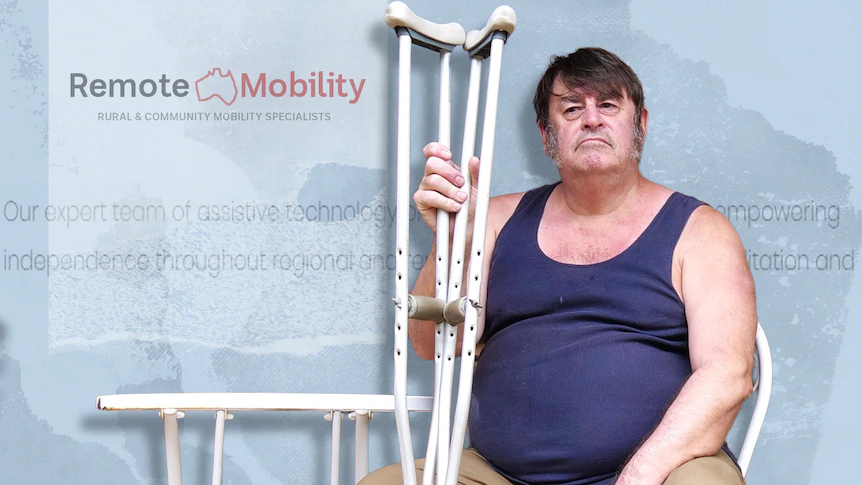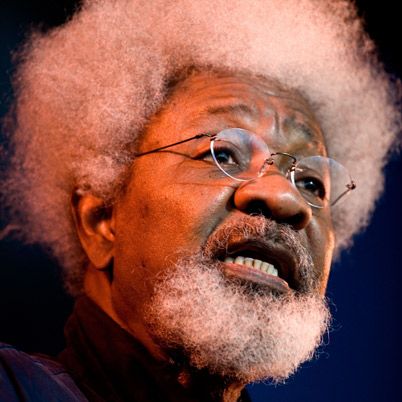Copyright abc

Russell Burns struggles to walk and can barely leave his house. The 64-year-old lives in the small town of Barcaldine in central west Queensland, where getting the mobility equipment he needs can be challenging. When a business promising to transform product accessibility in the bush started servicing the outback late last year, people started placing orders. Mr Burns ordered a mobility scooter worth $6,300 but, six months later, he could not get in contact with the business, Remote Mobility, or its owner, Christopher St Clair. "There are people in town asking where I've been. I just say, 'Well, I've been at home. I don't have a scooter. I can't go far,'" Mr Burns said. "I haven't heard from them, and I left them a couple of messages, and I said, 'Well, where the bloody hell are you? Where's my scooter?'" Police say Mr St Clair told them the business was insolvent. The ABC has been unable to contact Remote Mobility or Mr St Clair. 'They knew the need' Katie Grehan is the manager of Outback Independent Living, the peak body for people with disability in western Queensland. She said Mr St Clair got in touch with the organisation over Facebook to attend a disability expo in Longreach in November last year. Remote Mobility promised in-person support at the point of purchase and delivery of products like walkers, wheelchairs and scooters. It is a service that is scarcely available to outback Queensland. On a website that no longer exists, they assured customers they provided a "thorough and tailored experience that genuinely cared for remote communities". The website also said they were in the process of becoming an NDIS-registered business. Ms Grehan said Remote Mobility targeted a vulnerable community. "We know that the value of these services and goods added up to something quite significant. "For some people, it might have been a few hundred dollars … for other people, it could be a 12-month contract for servicing and maintenance, which could be up to $10,000." For Mr Burns, it was $6,300, through a home-support grant Ms Grehan helped him secure. "For someone like Russell, he's not eligible for NDIS, he's not eligible for My Aged Care, so when you look at his unique situation, you couldn't get someone more vulnerable," she said. Ms Grehan contacted Remote Mobility in March to purchase the scooter for Mr Burns. She said she was last contacted in May to say the product was ready to be delivered. "Within a few weeks of no contact, I contacted the manufacturer of those goods, and it was at that point in time we found out the goods were never ordered through them, they were never paid for, they were never delivered to Remote Mobility," Ms Grehan said. On the Australian Business Register, Mr St Clair has registered three healthcare businesses since February 2021. His ABN has been cancelled since August this year. Remote communities go without In the town of Isisford, an hour's drive south of Longreach, Belinda Avery lives with cerebral palsy and relies on mobility equipment to get around. In January, she ordered the delivery and installation of a walker through her NDIS package. "So, I can walk straight because I bend down on those little ones," she said. Nine months later, she was still waiting and could not contact Remote Mobility. "Nothing's happened, I ask them all the time, and I don't know what's happened," she said. Her mum, Jocelyn Avery, said it was extremely disappointing. It is unclear whether Ms Avery will be able to retrieve the almost $1,000 that was spent as part of her NDIS package. Mr Burns has been able to secure a second grant from YoungCare and order a scooter through a different provider. But it will come in a box, and he will have to get it to the local mechanic to put together and install the battery. "It's a shame we won't be able to have that in-person support that Remote Mobility did promise from the beginning," Ms Grehan said. "It just reminds us [that] when you're looking at engaging a provider, it's about doing your research, it's about getting references.



